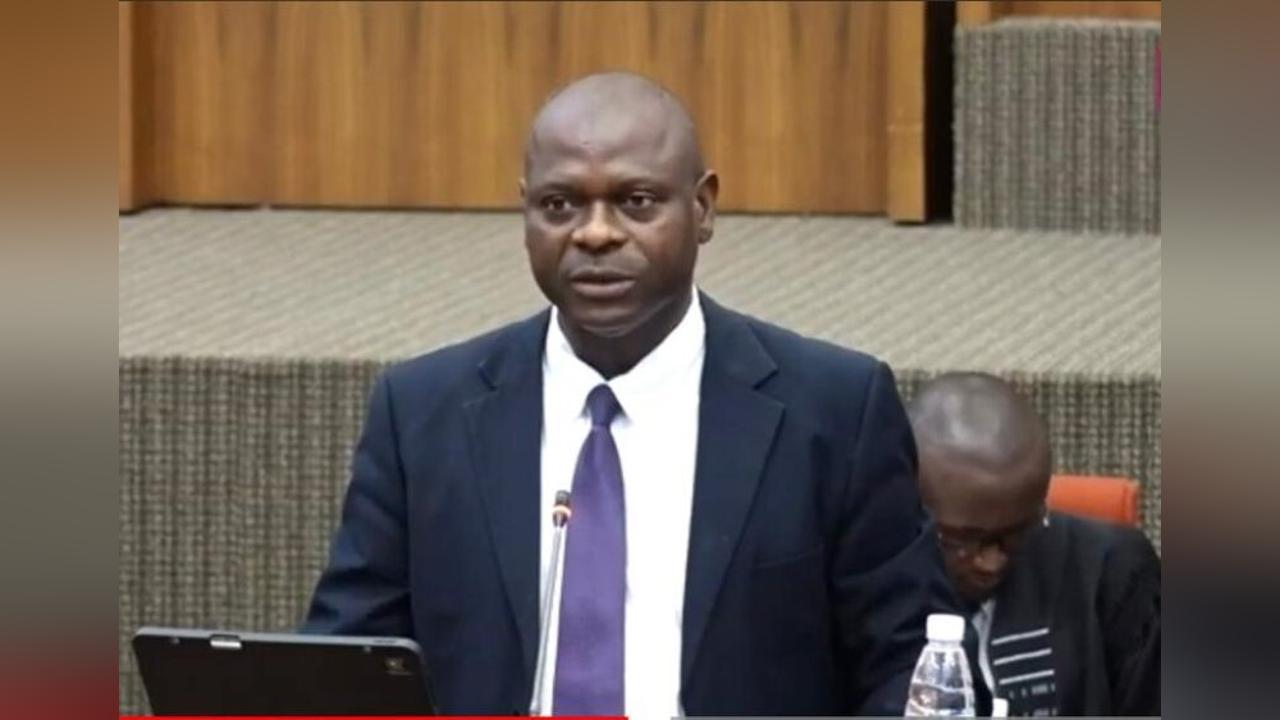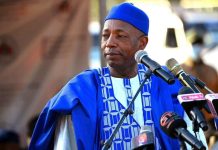Africa-Press – Gambia. The Minister of Finance and Economic Affairs, Seedy Keita, on Friday presented the 2026 national budget to the National Assembly, forecasting that public debt servicing will rise to D13.5 billion. He identified global economic volatility and climate risks as significant challenges for the government.
“A key challenge remains public debt servicing, which is projected to rise to D13.5 billion in 2026. We also face risks from global volatility and climate change. Our response is unequivocal: we will adhere to a concessional borrowing plan, strengthen expenditure controls, and rationalize subvented agencies to ensure maximum efficiency and impact of every public resource,” Keita said.
The minister reported that total revenue and grants are estimated at D35.87 billion, reflecting a projected 28% increase in tax revenue. This growth, he explained, will be driven by enhanced tax compliance, digital innovations such as e-invoicing, an IT-enabled rental income tax system, and revenue assurance measures in the telecom and fintech sectors.
Keita emphasized that the budget rests on three core objectives: sustaining macroeconomic stability through prudent fiscal policies, deepening structural reforms to build a resilient economy, and strengthening public financial management for the efficient use of national resources. Accordingly, investment in human capital sectors—including health, education, and agriculture—represents a significant portion of the budget.
“The budget is anchored on three core objectives: to sustain macroeconomic stability through prudent policies, to deepen structural reforms for a resilient economy, and to strengthen public financial management for the efficient use of our national resources. Hence, investment in human capital sectors such as Health, agriculture, and health represents a significant part of the budget,” he said.
The combined allocations for education, health, and agriculture total GMD10.82 billion, accounting for 25% of government local funds. Agriculture, in particular, is set to receive a historic allocation of GMD1.77 billion in 2026, marking an 84% increase from 2025, the largest in the past decade, the minister noted.
“Agriculture attracts an increase of 84% in 2026 from 2025, having an allocation of GMD1.77 billion in 2026, the largest allocation in the last ten years,” he said.
For More News And Analysis About Gambia Follow Africa-Press






